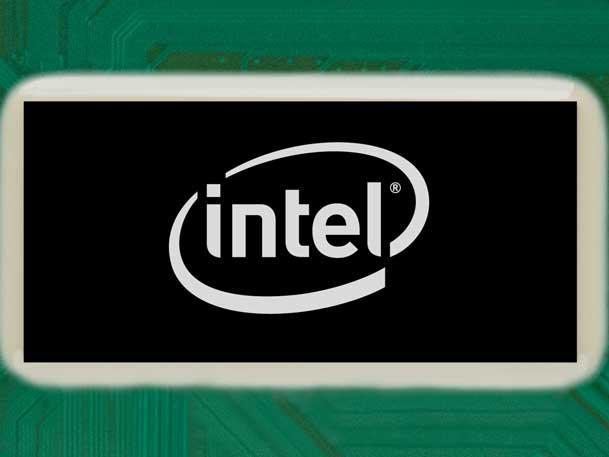Intel Partners Cheer New Chip Foundries In US
The strong support for more chip foundries in the U.S. comes even as the retiried CEO of Taiwan chip behemoth TSMC warned that the effort to revive chip manufacturing in the US is an “exercise in futility.”

Intel partners are cheering the chip giant’s charge to build more foundries in the United States even as a former Taiwan semiconductor CEO refers to it as an exercise in futility.
“It is exciting to see all the investment that Intel is doing particularly in the U.S,” said Kent Tibbils, Vice President of Marketing for Fremont, Calif.-based ASI Corp., a longtime distributor of Intel chips. “They are a semiconductor company, they know how to do leading edge manufacturing, leading edge packaging, advanced engineering, and they know how to do it all at scale. They bring a tremendous amount of resources, capabilities, and history to the table.”
Tibbils sees more chip foundries in the U.S. whether from Intel or overseas manufacturers like TSMC or Samsung as “significant” to improving the supply chain crises that has plagued the industry.
Harry Zarek, president of Ontario-based Compugen, No. 53 on the CRN SP500, said that considering new Covid restrictions in China impacting the tech industry’s supply chain even further, it’s time to begin bringing manufacturing closer to home.
“Having the lowest cost production is a faulty strategy when you can’t get the products to market,” he said. “It’s time to look beyond traditional thinking within the technology ecosystem.”
The strong support for more chip foundries in the U.S. comes even as the retiried CEO of Taiwan chip behemoth Taiwan Semimconductor Manufacturing Company (TSMC), Morris Chang, warned that the effort to revive chip manufacturing in the US is an “exercise in futility.”
“Right now, you’re talking about spending only tens of billions of dollars of money of subsidy,” said Chang during a Brookings Institution podcast. “Well, it’s not going to be enough. I think it will be a very expensive exercise in futility.”
Chang pointed to TSMC’s own U.S. chip operations in Oregon being 50 percent more expensive than operations in Taiwan. “It was just a series of ugly surprises,” he said of TSMC’s U.S. fab. “When we first went in, we really expected the costs to be comparable to Taiwan. And that was extremely naïve.”
TrendForce, a global chip research company headquartered in Tapei, sees Taiwan’s chip dominance continuing despite the U.S. investment in chip foundries.
Taiwan’s 26 percent market share of semiconductor sales and 47 percent global foundry capacity solidifies the country’s dominance in the chip market for years to come, according to TrendForce. Taiwan has 24 “fabs” or chip manufacturing sites, followed by China, South Korea and the United States, said TrendForce.
In the past two years, the global Covid-19 pandemic has swelled chip demand and sales even as it hampered the global supply chain.
Countries around the world saw the supply chain snarl as a wake-up call and started the long process of localization of chip manufacturing, with China, the U.S. and Europe all announcing the construction of new fabs.
But Taiwan’s lead in the semiconductor race may be too large to overcome with a few new fabs, said TrendForce. The country is in the process of building six new fabs itself, said TrendForce.
The worldwide semiconductor revenue haul grew 26 percent in 2021 to reach a staggering $595 billion in sales, according to research firm Gartner, headquartered in Stamford, Conn.
Taiwan foundries run by TSMC, United Microelectronics Corp (UMC), Powerchip Semiconductor (PSMC) and Vanguard International Semiconductor Corportation (VIS) accounted for 64 percent of the foundry revenue market share in 2021 and TrendForce says the companies will gain another 2 percent of the $128.7 million foundry market in 2022.
The foundries planned by Intel in the United States and Europe, along with other fabs planned by companies in China, Singapore and Japan will do little to make a dent in Taiwan’s chip foothold, said TrendForce.
“Looking at the existing blueprint for production expansion, Taiwan will still control 44 (percent) of the world’s foundry capacity by 2025 and as much as 58 (percent) of the world’s capacity for advanced processes, continuing its dominance of the global semiconductor industry,” said TrendForce in a blog post.